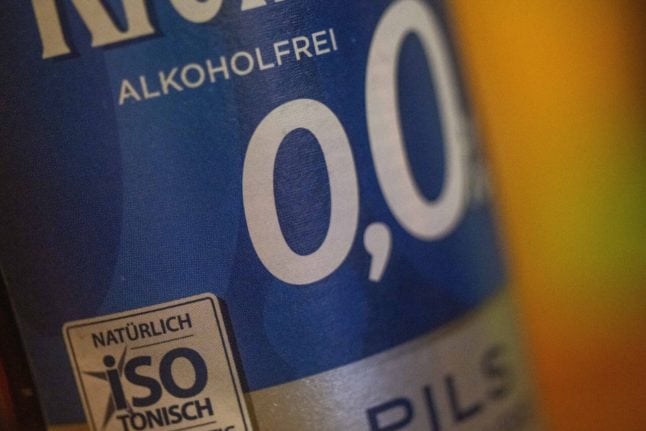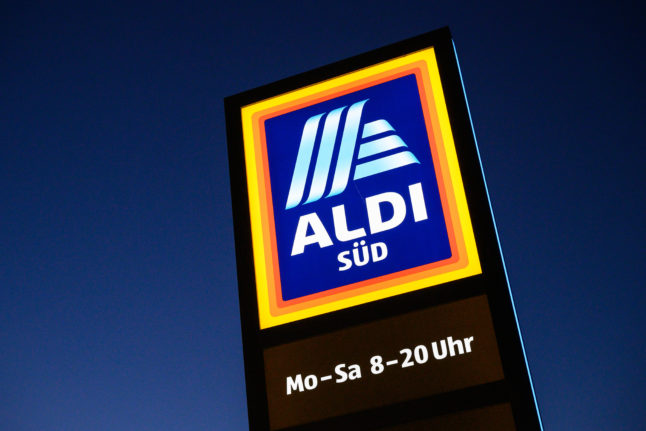Declining alcohol consumption in Germany has been evident for some time in one of Germany’s most well-known cultural assets: beer.
According to the German Brewers’ Association, the production of alcohol-free beer varieties in Germany has more than doubled since 2007 to over 670 million litres in 2022.
“We expect that soon every tenth beer brewed in Germany will be alcohol-free,” says Holger Eichele, Managing Director of the German Brewers’ Association.
Eichele said that the brewing industry has noticed how the image of alcohol-free beers has been changing over the last few years.
“The times when alcohol-free beers were mainly consumed by drivers 20 or 30 years ago are long gone.” Today, non-alcoholic beer is no longer perceived as a substitute and consumers often appreciate the “low calorie count” compared to alcoholic beer, he said.
READ ALSO: 10 ways to talk about being drunk in German
According to the German Brewers’ Association, alcohol-free beers have “a long history” in Germany. The German Democratic Republic (GDR) was a pioneer, where brewmaster Ulrich Wappler developed an alcohol-free beer at the “Engelhardt” brewery in Stralau, a district in Berlin’s Friedrichshain neighbourhood.
The beer was first introduced to the public in 1972 at the Leipzig Trade Fair under the name ‘AuBi’ – Autofahrerbier (Driver’s Beer). Then, in the late 1970s, the first alcohol-free beers were introduced to the market in the Federal Republic of Germany as well.
Today, there are many alcohol-free beer brands in Germany, such as “Beck’s Blue,” “Bitburger 0.0,” “Flensburger Frei,” and “Jever Fun.”
But in other beer-loving nations like Belgium and the Czech Republic, the range of non-alcoholic beers is much smaller. Switzerland, on the other hand, has a long tradition with the alcohol-free “Ex-Bier” from Feldschlösschen and the “Oro” developed by Hürlimann in Zurich in 1965.
German alcohol-free beer in demand abroad
Nils Wrage, Editor-in-Chief of the bar culture magazine “Mixology,” told Spiegel that Germany’s love for alcohol-free beer is also getting noticed abroad.
“With the increasing international interest in alcohol-free versions of originally alcoholic products – including wine and spirits – the landscape of alcohol-free German beers is also receiving a lot of new attention in the English-speaking trade press.”



 Please whitelist us to continue reading.
Please whitelist us to continue reading.
Member comments